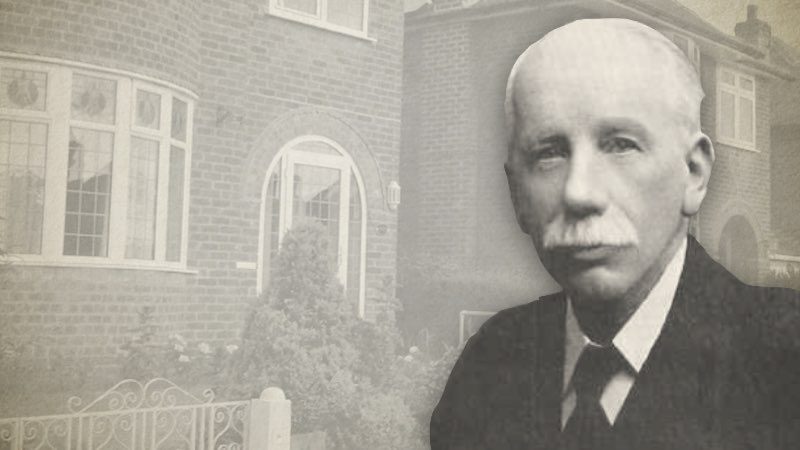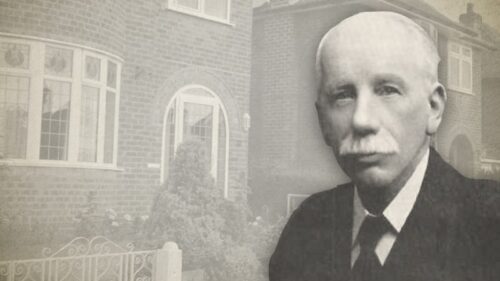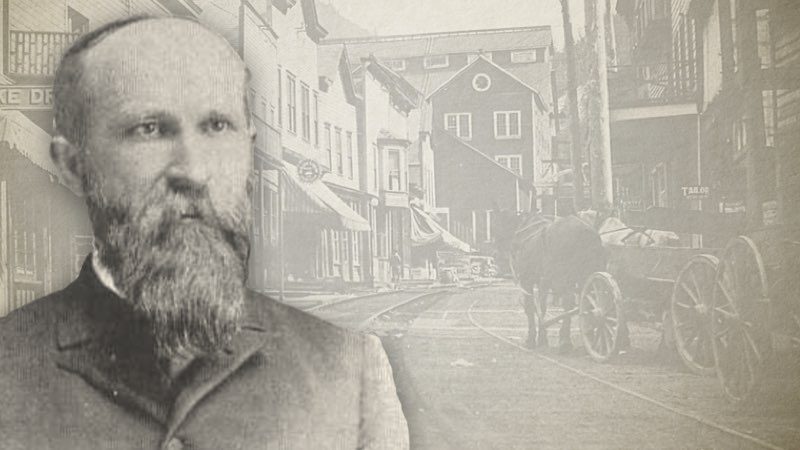-
Chapter 6: The Independents
"And ye shall know the truth, and the truth shall make you free."—John 8:32 William Huntington (1743-1813) must occupy the first place in this chapter in order of time and reach of influence. He was born in the Weald of Kent, between Goudhurst and Cranbrook, his mother being the wife of a day labourer working for seven or eight shillings weekly in the winter, and in the summer for nine shillings per week. He learned to spell and read and write a little, and this constituted his educational equipment for the battle of life. He walked in evil paths, and at one period of his life used to unload coals from the barges at Thames Ditton; hence the title "Coalheaver." His autobiography is contained in…
-
Chapter 7: The Baptists
"For by one Spirit are we all baptized into one body.''—1 Corinthians 12:13 In sketching some of God's witnesses among the Baptists in the nineteenth century, Samuel Eyles Pierce (1746-1829) should be first mentioned, because in his earlier years he sat under the ministry of Toplady, Romaine, and Hawker, with the latter of whom he was on terms of close friendship till the end of the life of the Vicar of Charles. Romaine's ministry was especially useful to him. He writes: "In a subsequent sermon, Mr. Romaine said, 'Believers, you that are believers, God looks upon you as He doth on Christ; and loves you with the love He doth Him.' 'I looked up,' says Mr. Pierce, 'with amazement! Oh, thought I, if I can…
-
Chapter 8: Literature
"Cast thy bread upon the waters; for thou shalt find it after many days."—Ecclesiastes 11:1 The literature of the past century, expository of the distinctive truths of the Gospel, has been of singular value; and whilst it lacks the massiveness and majesty of the doctrinal Puritans and the beauty and power of others, it is adapted to the period in which we live, for it translates with unction and scripturalness immortal truths into the language of the day. The works of Huntington, already referred to, have become Christian classics amongst us, and few gracious readers can peruse his "Contemplations on the God of Israel," or his "Posthumous Letters," without being stirred and edified. Mr. Philpot's writings have also been named; they will endure as long…
-
Chapter 9: The Future
"Then they that feared the Lord spake often one to another, and the Lord hearkened, and heard it, and a book of remembrance was written before Him for them that feared the Lord, and that thought upon His Name."—Malachi 3:16 Neither Luther or Calvin held those shallow Pelagian views, now so common, of a gradual amelioration and Christianising of the world. Calvin writes, "It is a superstition to think that the world is improving in religion and morality. It is not improving but it is always going back." Luther says, "I know that the world is becoming epicurean; that is to say, they will lose faith in God and immortality, and give themselves up to the pleasures of the things of this world, and then…
-
Chapter 1: True and False Churches
An unusual interest has, of late, been awakened in the study of church history. This is a hopeful indication. It shows that many are disposed to turn away from human organizations, and seek for the true church of Christ, as revealed in the Gospels. It is worse than folly to suppose that the Saviour left his work so incomplete that uninspired men, of later years, must take it up and bring it to perfection. It must be a recognized fact that Christ established his Church, as a "pillar and ground of the truth.'' All institutions, claiming to be churches, which antagonize the churches of Christ, must be false, and are, therefore, of Satan. The God of heaven could not have instituted organizations that rival his…




